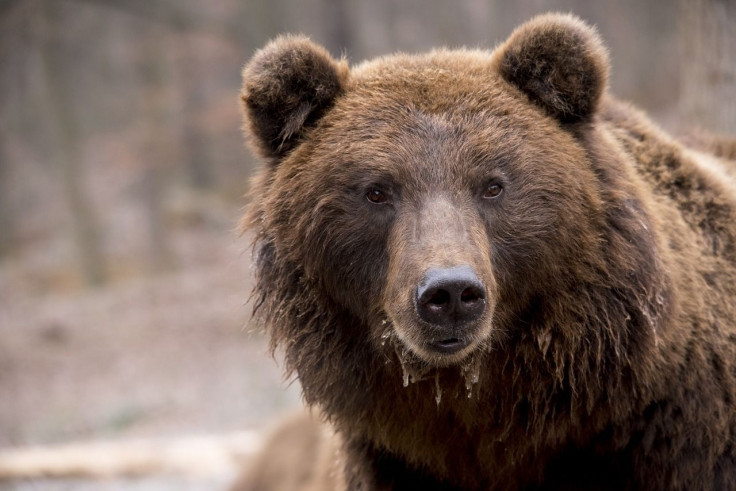Scientists Look At Hibernating Bears’ DNA To Help Treat Obesity

Geneticists might have made a breakthrough discovery in terms of treating obesity problems. They found out that the genes of bears that hibernate have a semblance to genes of human beings who are considered obese.
One thing that scientists are excited about is the fact that bears, despite having stored up so much food before hibernating, then sleep for a long time with all that stored food, don’t end up fatter or obese upon waking up. Rather, the opposite happens. They get stronger and refreshed. They just sleep off those extra pounds from tons of food they ate before winter.
According to a study published in the journal Cell Report, this discovery between the similarity in genes may help find the right weight loss treatments many want to get their hands on. As per the University of Utah researchers, they are trying to unearth a genetic treatment that would tell the body to mimic how animals hibernate.
Scientists are hoping that this might help in arresting weight gain as well as other illnesses that have been linked to obesity. As per Christopher Gregg from the Department of Neurology & Anatomy in Utah, bears that hibernate have this great ability to control the metabolism of their bodies.
One of the processes used by scientists was genome sequencing. This enabled them to unearth particular gene regions, which were designed to shut down the appetite of the body and control insulin resistance. According to them, these genes were found in the same areas where the obesity gene was also located. This led scientists to believe that by targeting the gene, it could also give them the same benefit as that of hibernators.
This ability of hibernators has been a mystery for scientists. With this recent discovery, it could lead to important research on how it can benefit humans.
As per the study, animals that hibernate would eat non-stop during summer. Some of these animals include bears, squirrels, bats, and lemurs. After eating too much, they would just sleep without eating or drinking. They would not even be relieving themselves during hibernation. Their heart rate would drop significantly from 60 beats to 10 beats.
What makes it more exciting is that these hibernators emerge from hibernation in top form. With humans, it’s another story. With this new discovery, however, it might just fill in the gap.
© Copyright IBTimes 2025. All rights reserved.





















